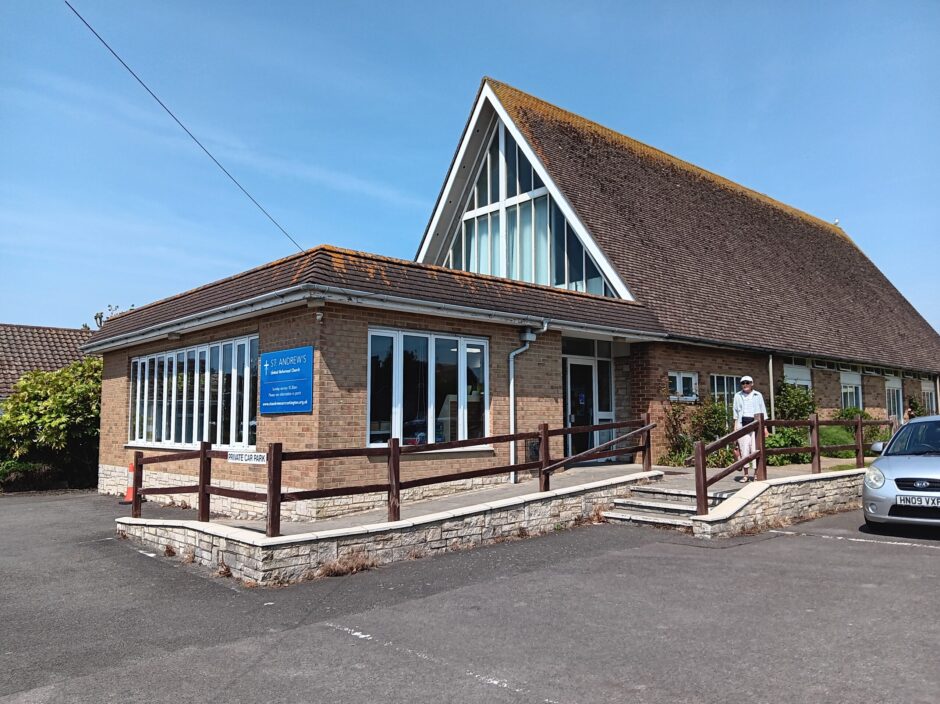Is UK recognition of a Palestinian State more than a symbolic gesture?
by Rev’d. David Hardman – Methodist Liaison Officer, Jerusalem
On 29 July 2025, UK Prime Minister Sir Keir Starmer announced that the UK would recognise a Palestinian state at the UN General Assembly in September—unless Israel agreed to a ceasefire in Gaza and committed to a long-term peace process and a revived the Two-State Solution.
With Israel refusing a ceasefire and continuing military action in Gaza and neighbouring countries, the UK has now joined 147 of the 193 UN member states that already recognise Palestine. The number of countries announcing recognition at the UN is increasing as we write.
So, is this a meaningful step or just a token gesture?
The goal of recognising Palestine is to support Palestinian self-determination, which is currently denied under Israeli occupation. While UK recognition won’t end the occupation, it could help shift the international conversation. Back in 2011, the UK said it would recognise Palestine “at a time of our own choosing” to help advance peace. This was reaffirmed in Labour’s 2024 manifesto, which said:
“We are committed to recognising a Palestinian state as a contribution to a renewed peace process which results in a two-state solution with a safe and secure Israel alongside a viable and sovereign Palestinian state.”
However, past peace initiatives – Geneva (1977), Madrid (1991), Oslo (1993), Camp David (2000) – have failed to address the power imbalance between Israel and Palestine. Historian Ilan Pappé has highlighted that this imbalance undermines any realistic path to peace. For negotiations to succeed, both sides must be treated as equals. The more countries that recognise Palestine, the greater the chance of more balanced peace talks in the future.
The UK government remains committed to a two-state solution. As the Prime Minister said on 29 July:

“We will recognise a Palestinian state as a contribution to a proper peace process, at the moment of maximum impact for the Two-State Solution. With that solution now under threat, this is the moment to act.”
(Photographs by D. Hardman, used by permission.)
Despite the International Court of Justice’s July 2024 ruling that Israel’s occupation of Palestinian territories is illegal and that settlements must be dismantled, many argue the two-state solution may no longer be viable due to ongoing settlement expansion. Still, equality between both sides is essential for any just peace process, whatever solution that process may reach.
This move could help improve security for both Israel and Palestine. The region has been afflicted by violence for over a century – not only through physical attacks, but also through the long-term harm caused by occupation. Occupation has never brought lasting safety to either side, and it never will. A peaceful agreement between two equal neighbours, not based on power or violence, offers a better path forward.
Recognising Palestine – and eventually granting it full UN membership – also strengthens the role of international law. It helps ensure that both Israel and Palestine are held to the same legal standards.
As a permanent member of the UN Security Council, the UK’s recognition could influence other nations to follow, but also carries significant historical weight. The 1917 Balfour Declaration supported the establishment of a Jewish homeland in Palestine but promised not to harm the rights of existing non-Jewish communities. Yet, in 1948–49, 750,000 Palestinians were displaced, and in 1967, Israel occupied the West Bank and Gaza. Recognising Palestine now is a long overdue step toward addressing decades of injustice and denials of rights.
Some have claimed that UK recognition would reward Hamas. But it’s important to understand that countries recognise states, not governments. The Palestinian Authority, which governs parts of the West Bank, has long recognised the State of Israel. Recognition is not a reward for violence – it is a step towards justice for the millions of Palestinians who have lived under occupation and resisted peacefully.
The UK Government’s announcement will have most impact if the international community now acts together, and uses this moment to demand a ceasefire in Gaza and push for a just peace process between the two states.
Get involved
If you have two minutes, please continue to pray and press for a ceasefire and for a peace process that will end decades of occupation and oppression.
If you have ten minutes, I would also encourage people to write to the Prime Minister to thank him and his government for recognising Palestine, and to urge them to follow up with real action: to do all in their power (including sanctions if required) to secure a ceasefire and a commitment to a just peace process.
If you have longer, read up on what your denomination has said about Palestine, arrange to meet with your MP to discuss why recognition matters, and ask them to take further steps towards justice and peace.
